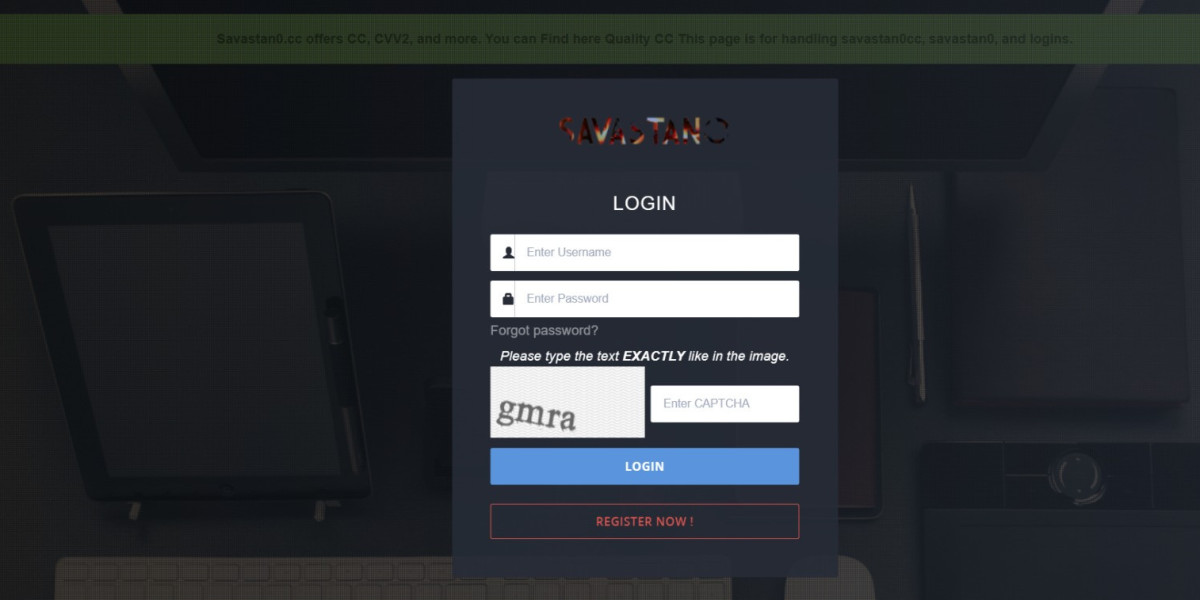The digital underground is a rapidly evolving world, and terms like “dumps” and “CVV2 shops” are becoming increasingly common in discussions surrounding online security. One name that frequently surfaces in this context is Savastan0. This platform is known for offering dumps, which are data files containing sensitive cardholder information. But what exactly are dumps, and why are they connected to places like CVV2 shops?
In simple terms, a dump is a digital file that contains raw data from a credit or debit card’s magnetic stripe. This data includes details like the card number, expiration date, and sometimes the cardholder's name. Dumps are often acquired through skimming devices or data breaches and sold in dark web marketplaces. These files can then be used to clone physical cards, which can lead to unauthorized purchases or cash withdrawals.
Alongside dumps, CVV2 shops are digital stores where cybercriminals sell another kind of card data: the CVV2, or the three-digit security code on the back of a card. The CVV2 code is crucial for completing online transactions since it serves as an added security layer. This type of data is often obtained through phishing attacks or malware that steals sensitive information from online purchases.
Platforms like Savastan0 are known in certain circles for selling both dumps and CVV2 codes. While this market is mainly illegal, understanding it is important for anyone concerned about digital security. Increased awareness of how these transactions operate can help cardholders stay vigilant and take measures to protect themselves. For instance, always use secure websites for online shopping, regularly check bank statements, and consider enabling two-factor authentication whenever possible.
The world of cybercrime is complex, and while terms like dumps and CVV2 shops might sound obscure, they highlight real risks in today’s digital landscape. Staying informed about these threats is a crucial step toward safeguarding one’s financial information and personal security.








